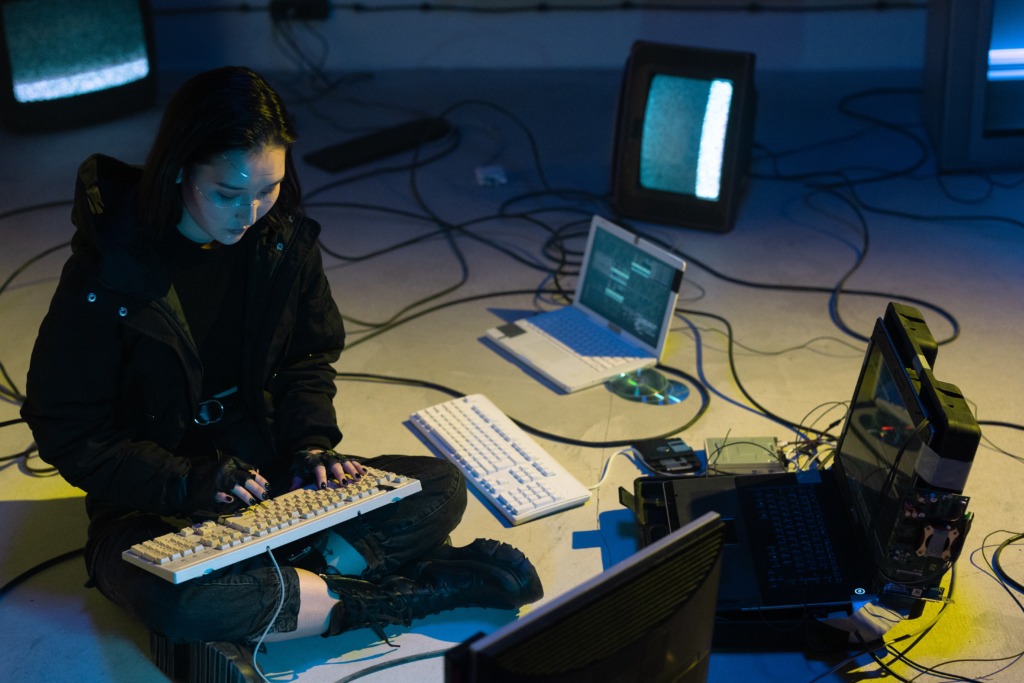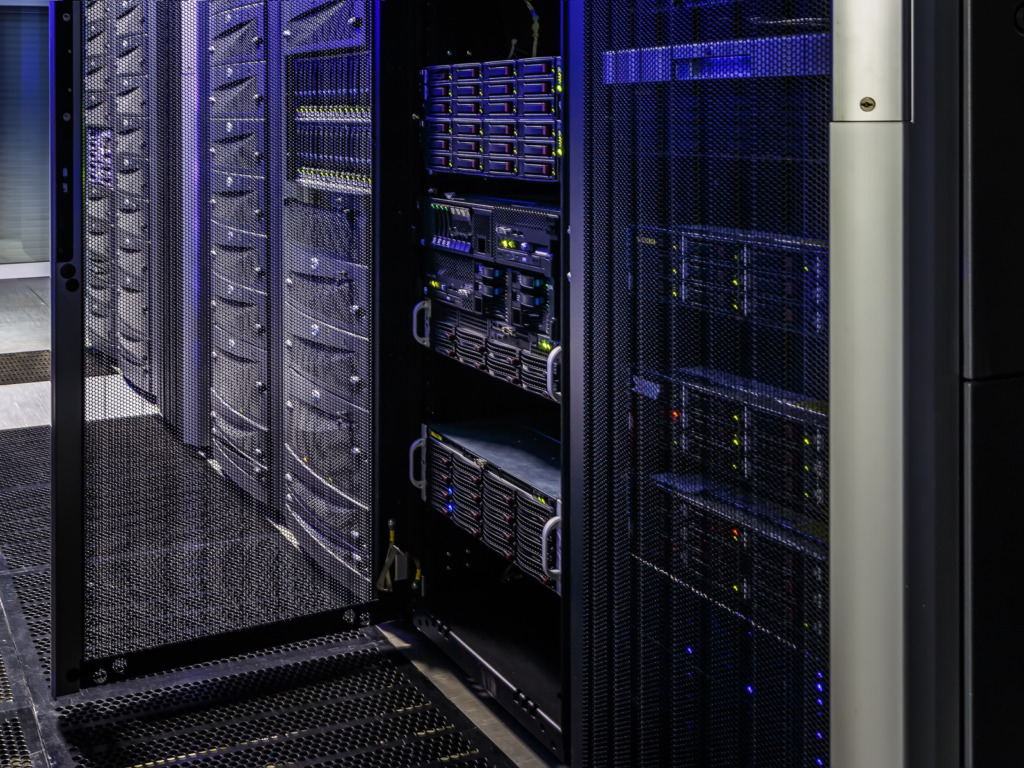What is ‘Digital Forensic Science’?
25/05/2023

Despite being a fundamental tool for many organisations and criminal justice systems around the world, arguably digital forensic science as a discipline does not always get the recognition it deserves in media broadcasts. Therefore, public recognition and understanding of this branch of forensic science is somewhat lower than those more traditional and longer established ones. With this in mind, what exactly is digital forensic science? Well let’s start with the definition provided by Interpol.

‘Digital forensics is a branch of forensic science that focuses on identifying, acquiring, processing, analysing, and reporting on data stored electronically.1’
Digital forensic science is a discipline concerned with the forensic examination of digital traces. As a result, whereas traditional forensic science subfields may be concerned with finger marks, DNA or blood, here, we are interested in the identification and analysis of digital data. This digital data may exist on a range of devices, from laptops and smartphones, to games consoles and smart home systems, as well as being ‘non-local’ such as residing in the cloud. Practitioners in this field seek to identify and capture any potentially relevant data in a way that preserves its integrity. Then, this content must be examined, interpreted and communicated to any clients or criminal justice system officials in a way that allows them to understand it. This is often a complex and challenging task.
Practitioners in this field are often deployed in a number of circumstances. These may include:
- Intelligence gathering from digital information sources.
- To identify or develop preventive measures (i.e. analysing digital traces and acting on them / learning from them).
- Gathering information about an event(s).
- Geolocating missing people.
- Confirming/disputing versions of events.
- Establishing investigative leads.
In many instances, data coming from digital sources can help identify the author of an action as well as contextualising what may have happened, and, in what circumstances. In the criminal sphere, practitioners in this domain may be involved in assisting in the following case types:

- Murders.
- Drugs offences.
- Malicious communications.
- Missing persons.
- Child abuse.
- Computer misuse offences.
- Fraud.
- Domestic violence.
Digital forensics science can be used in both criminal and civil capacities, where its importance cannot be understated.
- Interpol (n.d.) ‘Digital forensics’ Available at: https://www.interpol.int/en/How-we-work/Innovation/Digital-forensics (Accessed: 27 April 2023)
Categories & Tags:
Leave a comment on this post:
You might also like…
Company codes – CUSIP, SEDOL, ISIN…. What do they mean and how can you use them in our Library resources?
As you use our many finance resources, you will probably notice unique company identifiers which may be codes or symbols. It is worth spending some time getting to know what these are and which resources ...
Supporting careers in defence through specialist education
As a materials engineer by background, I have always been drawn to fields where technical expertise directly shapes real‑world outcomes. Few sectors exemplify this better than defence. Engineering careers in defence sit at the ...
What being a woman in STEM means to me
STEM is both a way of thinking and a practical toolkit. It sharpens reasoning and equips us to turn ideas into solutions with measurable impact. For me, STEM has never been only about acquiring ...
A woman’s experience in environmental science within defence
When I stepped into the gates of the Defence Academy it was the 30th September 2019. I did not know at the time that this would be the beginning of a long journey as ...
Working on your group project? We can help!
When undertaking a group project, typically you'll need to investigate a topic, decide on a methodology for your investigation, gather and collate information and data, share your findings with each other, and then formally report ...
From passion to purpose: My journey at the Pinnacle of Aviation
By: Sultana Yassin Abdi MSc Air Transport Management, Current Student Born and raised in the vibrant landscape of the UAE, with roots stretching back to Somalia, my life has always been ...







